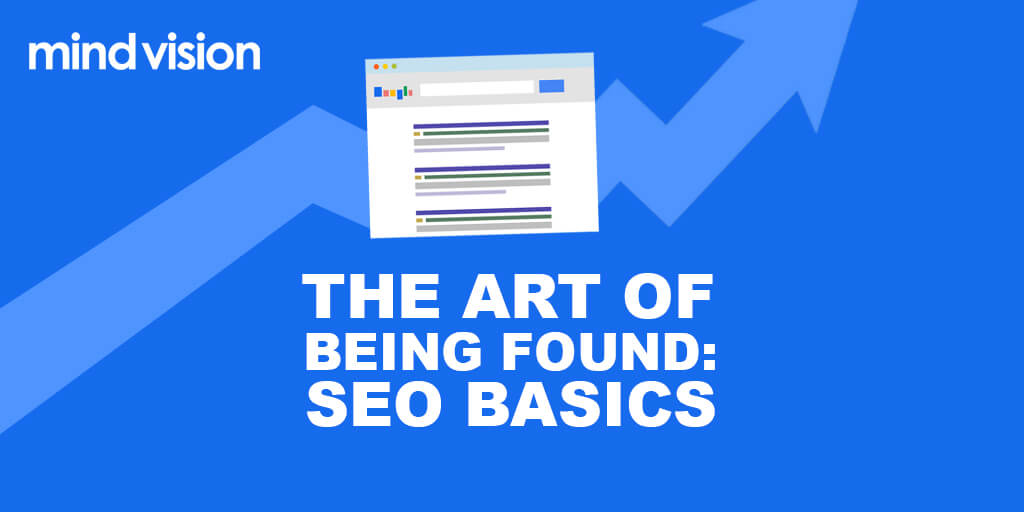All businesses want to be found organically, do you know the SEO basics?
Search Engine Optimisation (SEO) is a process that seeks organic traffic from search engine sites. It’s a rarity than anyone using a search engine will decide to check page 2 of their search results, therefore making it to the first page is important.
Search engines need to provide the best possible results for its audience. Search Engines use algorithms to decide which order to place results depending on relevance.
The algorithms use many indicators to decide what is relevant, such as:
- Keywords
- Titles
- Backlinks
- Bounce rates
- Domain age
- Length of Content
Ongoing research is important when it comes to keywords. You need to know what your potential customers are looking for. Google Analytics and Google AdWords are great tools to see what your website is ranking for and other relevant keywords that should be included.
Each page on the internet has an official title within the page’s’ code. Basically, the titles are a summary of your page, which Google uses to decide what the page is about.
Quality vs Quantity
Quantity and quality are rarely the same thing, especially when it comes to backlinks. Backlinks are links to your site that are on another website. Google knows all, well it does when it comes to the quality of backlinks. This is why black hat SEO techniques are a terrible idea. Google can determine the quality of the page and link, usually, google identifies organic links and increases the ranking in search results.
Bounce rates indicate to a search engine that the site is not relevant for the keyword search, which then gets it knocked down to a lower rank. Having highly targeted keywords means that most of the people that end up on your site want to be there, which keeps them there longer. Thoughtful content creation is another useful tactic to decrease bounce rates. Giving the audience relevant and useful information will keep them on your site longer.
Lengthy content that covers a variety of topics indicates that the article is full of useful information. Not all content needs to be long, but a small percentage should be between the 2000 and 5000-word mark. With longer content filled with stats and facts, more people are likely to spend more time on the page. It also encourages the audience to share and retweet on social media sites. Basically, the more people that link to your website, follow the link or stay on the site for a reasonable amount of time increases your site’s ranking in Google.
Do you need help with your SEO or digital strategy?

